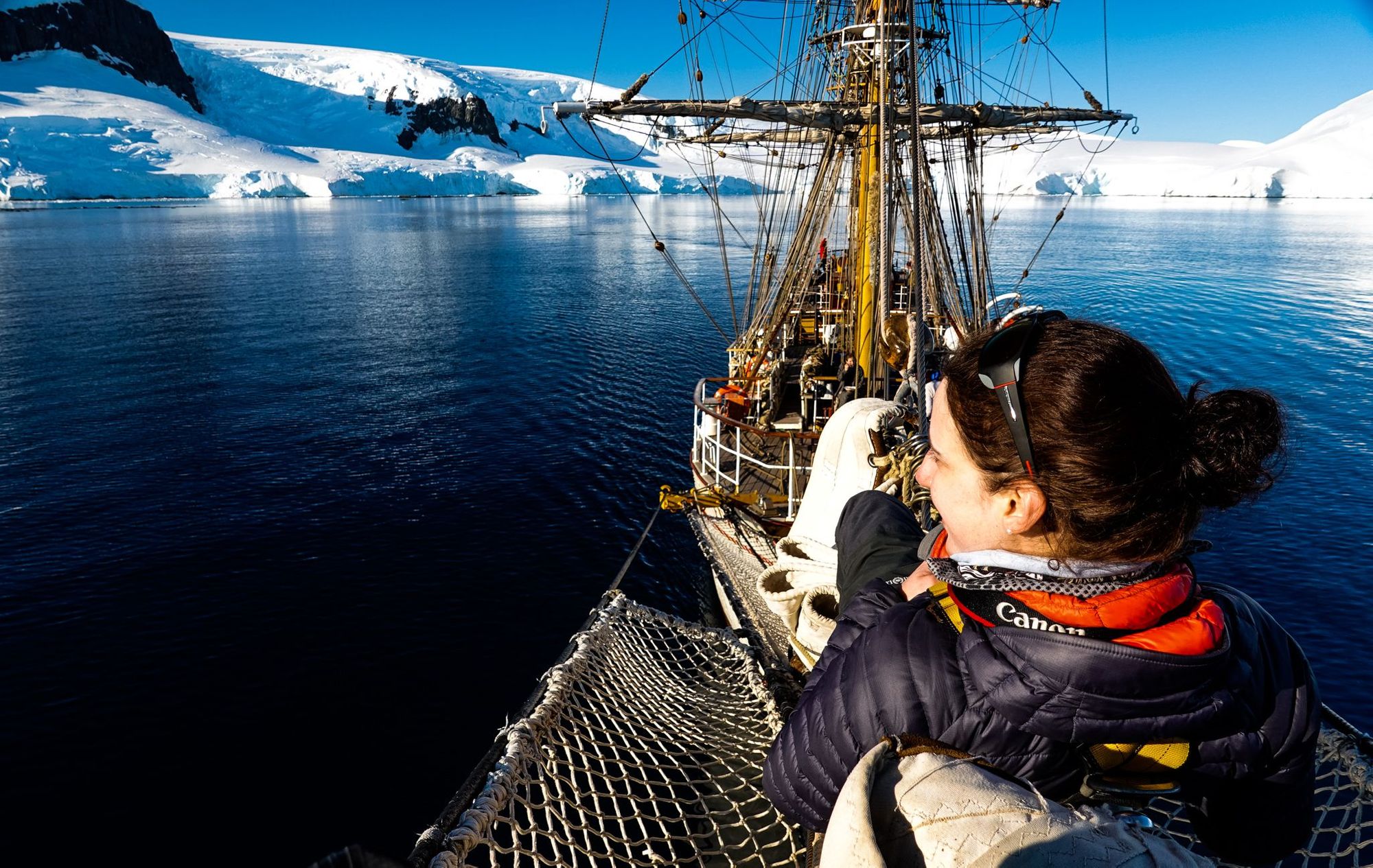Dr Sophie Redlin had long wanted to combine her medical expertise as a GP with a love of adventure, so working as an expedition medic was a natural fit. Redlin is currently a Senior Medic for the British Exploring Society, and has worked on expeditions to Iceland and Scotland aiming to introduce young people from disadvantaged backgrounds to a wilderness environment. She has also been the ship doctor on tall ship expeditions to Antarctica, Costa Rica and beyond.
“It fits really well with being a GP, because a lot of what you see on expeditions is actually the day to day stomach aches and foot pain,” she says. “But there’s also the mental health aspect. I began to see that there was this big area of need, particularly with young people going to remote environments, where we, as an industry, weren't focusing on helping people emotionally for that kind of journey.
“There were a number of occasions where things went wrong and people didn't really know how to handle it. It felt like we were missing a trick - that we could keep people safer, but also potentially highlight the benefits of being in the wilderness - if we prepared people emotionally for it.”
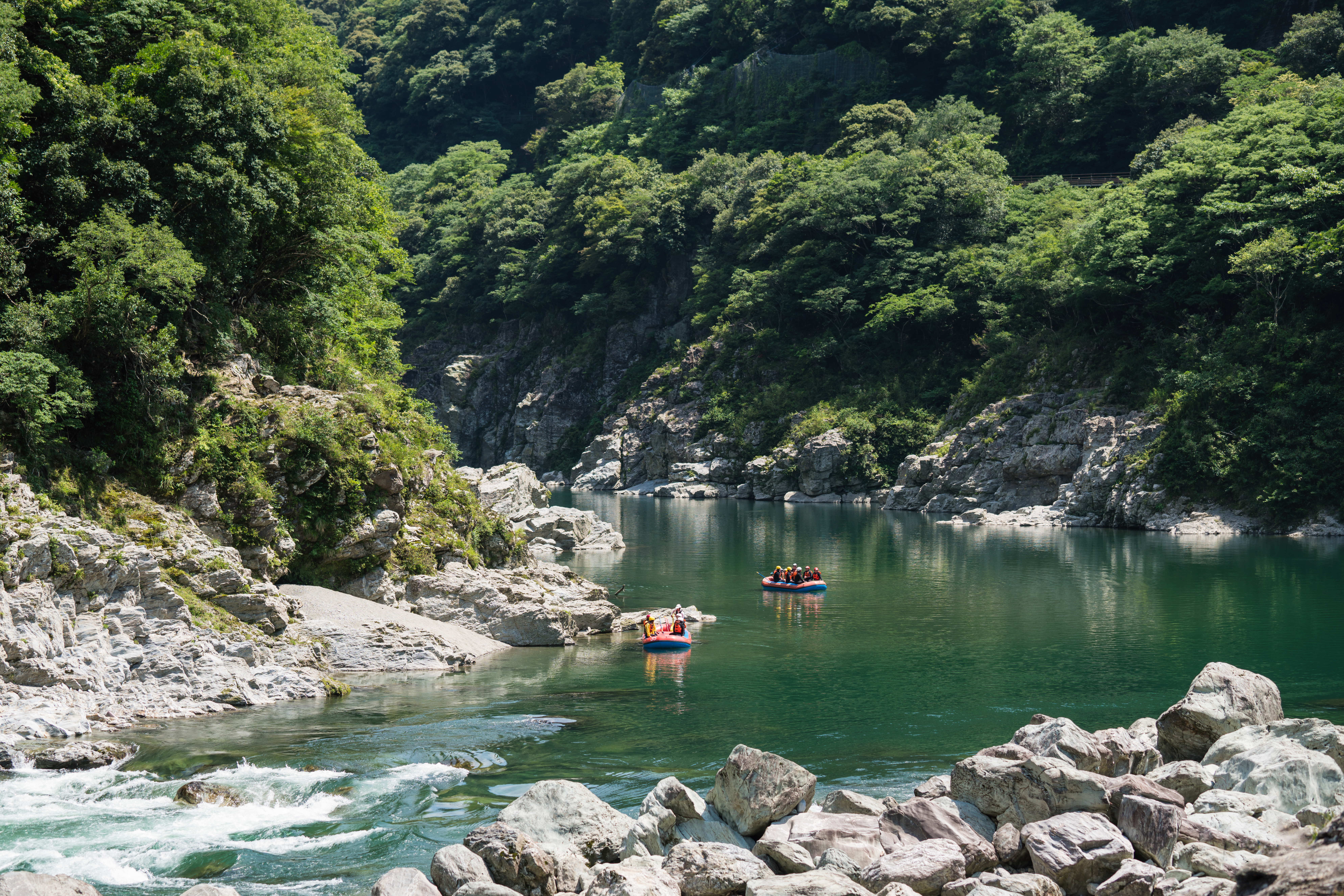
Over the past couple of years, Sophie has been developing mental health training that’s applicable to remote environments. To do so, she’s been on a journey of her own, visiting remote locations from Orkney to Japan and Hawaii to Alaska, aiming to understand how these communities help manage mental distress and improve each other’s wellbeing.
It felt like we were missing a trick - that we could keep people safer, but also potentially highlight the benefits of being in the wilderness if we prepared people emotionally
We spoke to Sophie about this research, the benefits and challenges of being in a remote environment, and how we can become more mentally resilient.
The Expedition Environment
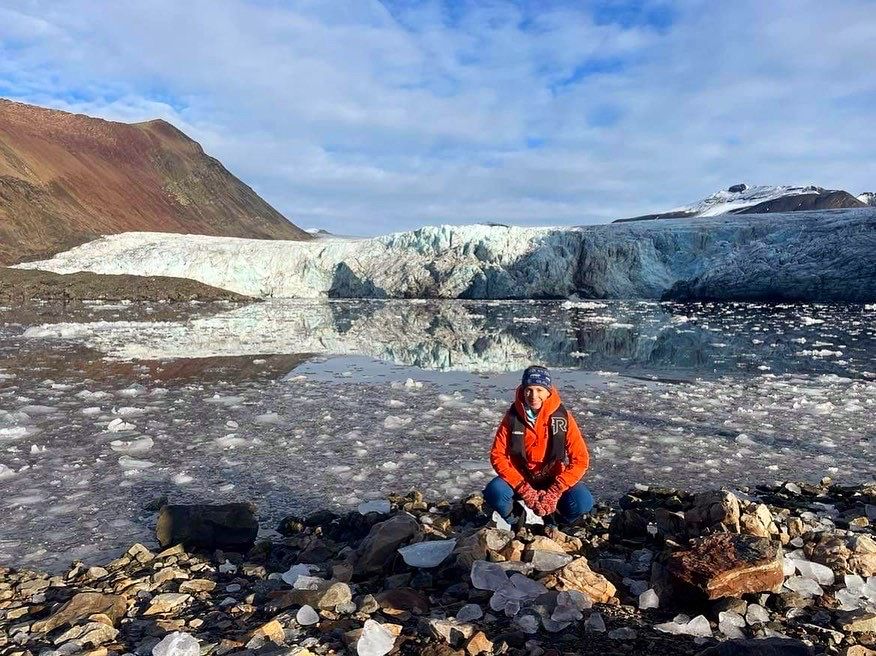
Sophie recently returned from a trip to Svalbard where she met Hilde Fålun Strøm and Sunniva Sorby, the first two women to overwinter in Svalbard without men. They told her that spending 19 months alone in the Arctic had improved their mental wellbeing.
“Hilde and Sunniva were saying that having that very basic way of life gave them much more of a sense of purpose than they have ordinarily. That feeling of having to attend to basic needs, like staying warm and preparing food, and the satisfaction of doing so,” Sophie says.
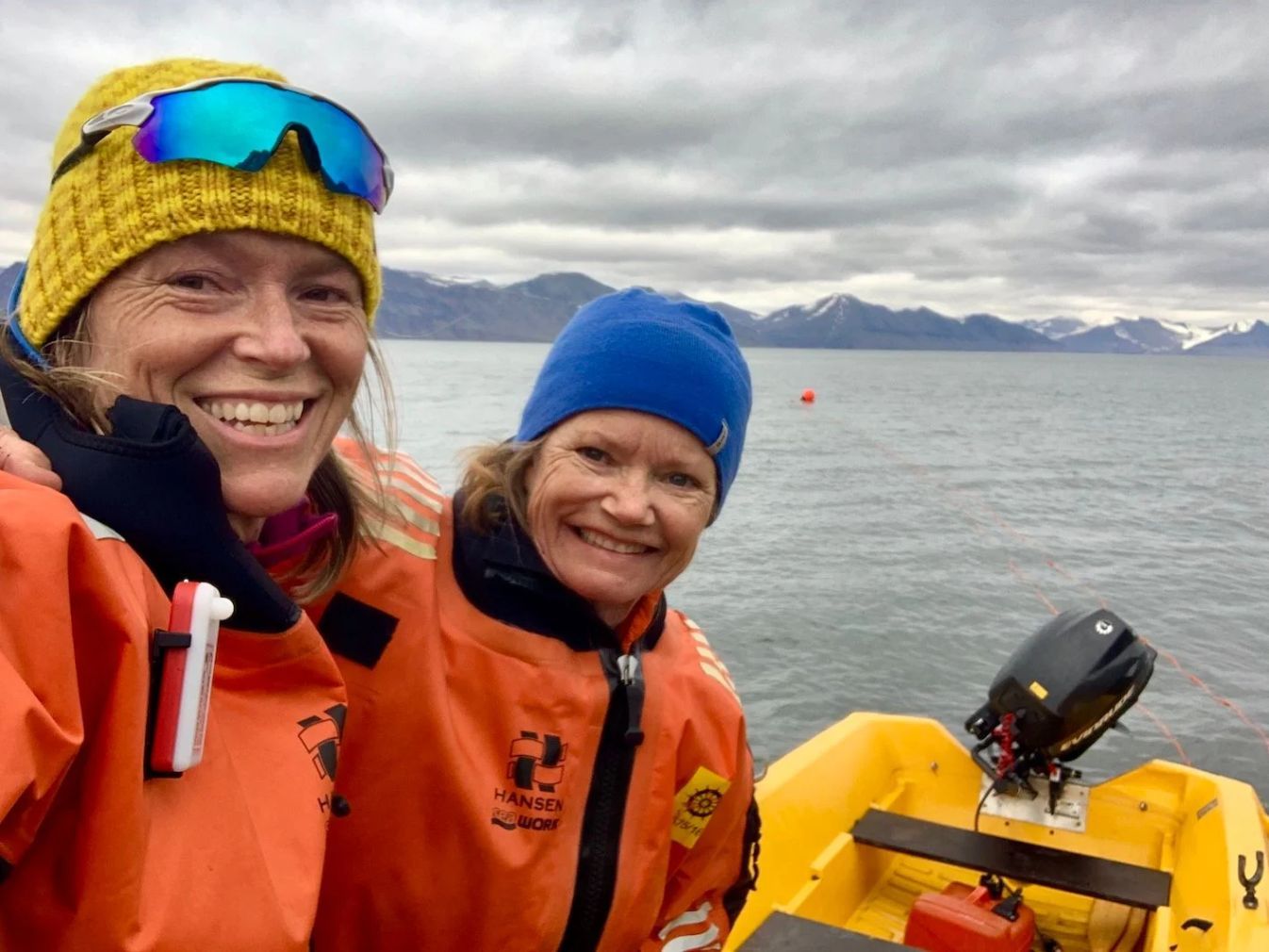
“In the past, when your society is more survival focused, it's not necessarily 'healthier' for you, but in a way it's more diverting than how we live now. Getting back to that very simple way of living can give us meaning and purpose.”
Being immersed in nature - as one is on an expedition - has also been shown to improve mental health.
“Getting outdoors connects people to where they are, and being aware that we're a small part of something bigger is really good for us” Sophie says. “It's not what we get taught in our society at the moment, but when you look to some indigenous cultures, a universal school of thought seems to be that we are all a small cog in a much larger wheel. Seeing the trees, knowing they've been there for hundreds of years, and you haven't, that's a really good thing.”
However, that doesn’t mean there aren’t challenges within the expedition environment. Any emotional problems you might encounter at home - such as difficulty controlling your anger, or giving up too quickly - will only be magnified without any distractions. And a difficult team dynamic could also be challenging to deal with.
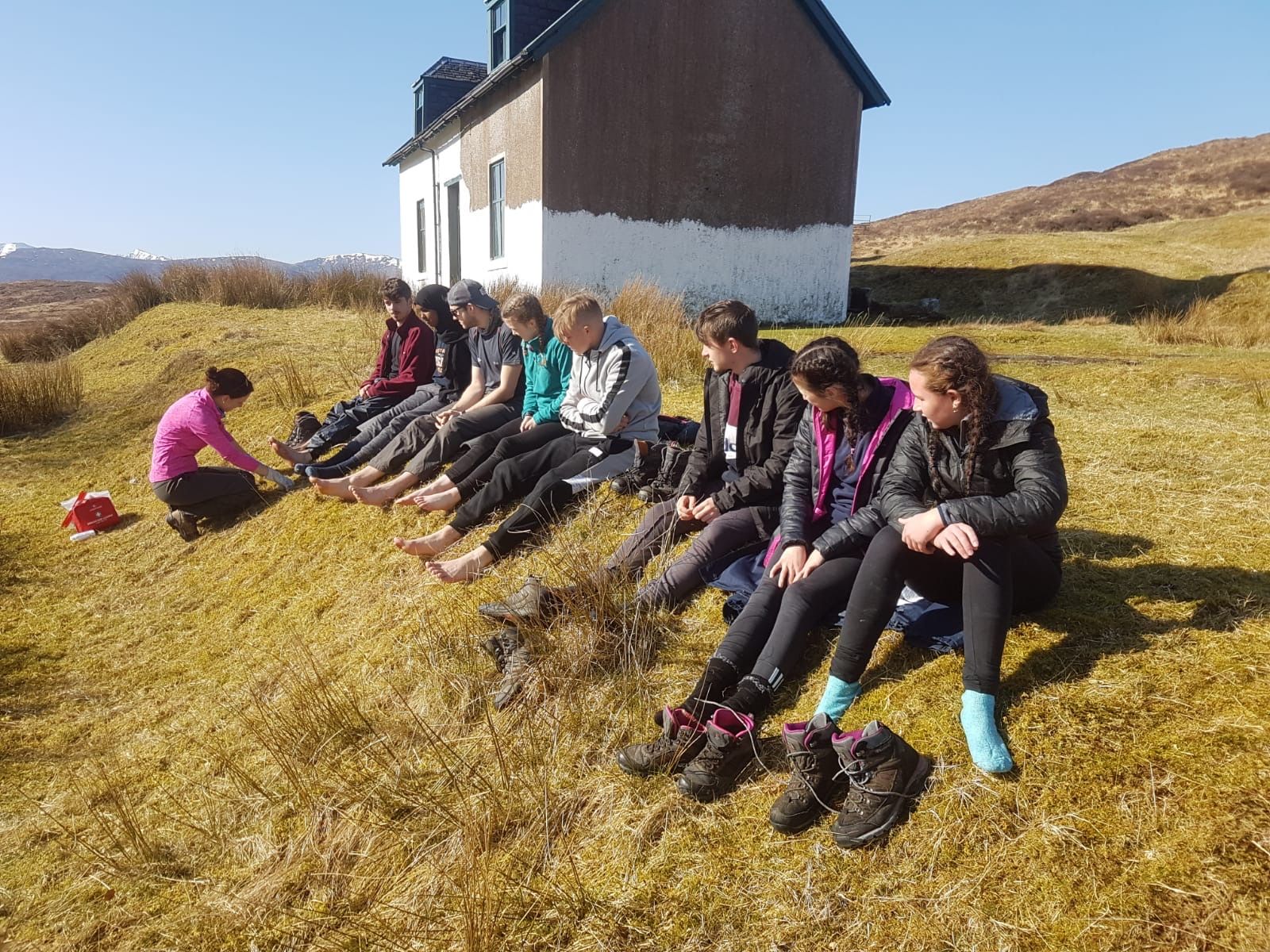
“The idea that exists in our society that 'sharing your feelings is a weakness', especially as a male, is exacerbated in the expedition environment. I hope that's changing, but traditionally it's been quite a macho environment, and potentially harder for people to open up in,” Sophie explains.
“My advice would be to think ahead as much as possible, and then put in place strategies for yourself to cope with these challenges. We can't foresee everything, but in a similar way to packing your raincoat and waterproof trousers, think about what you could take with you to help in a situation where you're feeling homesick. Or, if you tend to get angry, think about the strategies that can work for you at home, and how you could apply them to an expedition environment,” she adds.

Coming Full Circle
One of the most important factors in ensuring the success of an expedition is ensuring that there’s a positive team dynamic, and that people feel listened to and supported. This is not only necessary within the expedition context - it’s also vital to mental wellbeing in everyday life.
“We've become more isolated as a community, and we know that loneliness plays a huge part in mental health problems. I began to develop an interest in some indigenous cultures, where supporting people's wellbeing in a community is much more inherent in a very non-medicalised way,” Sophie says.
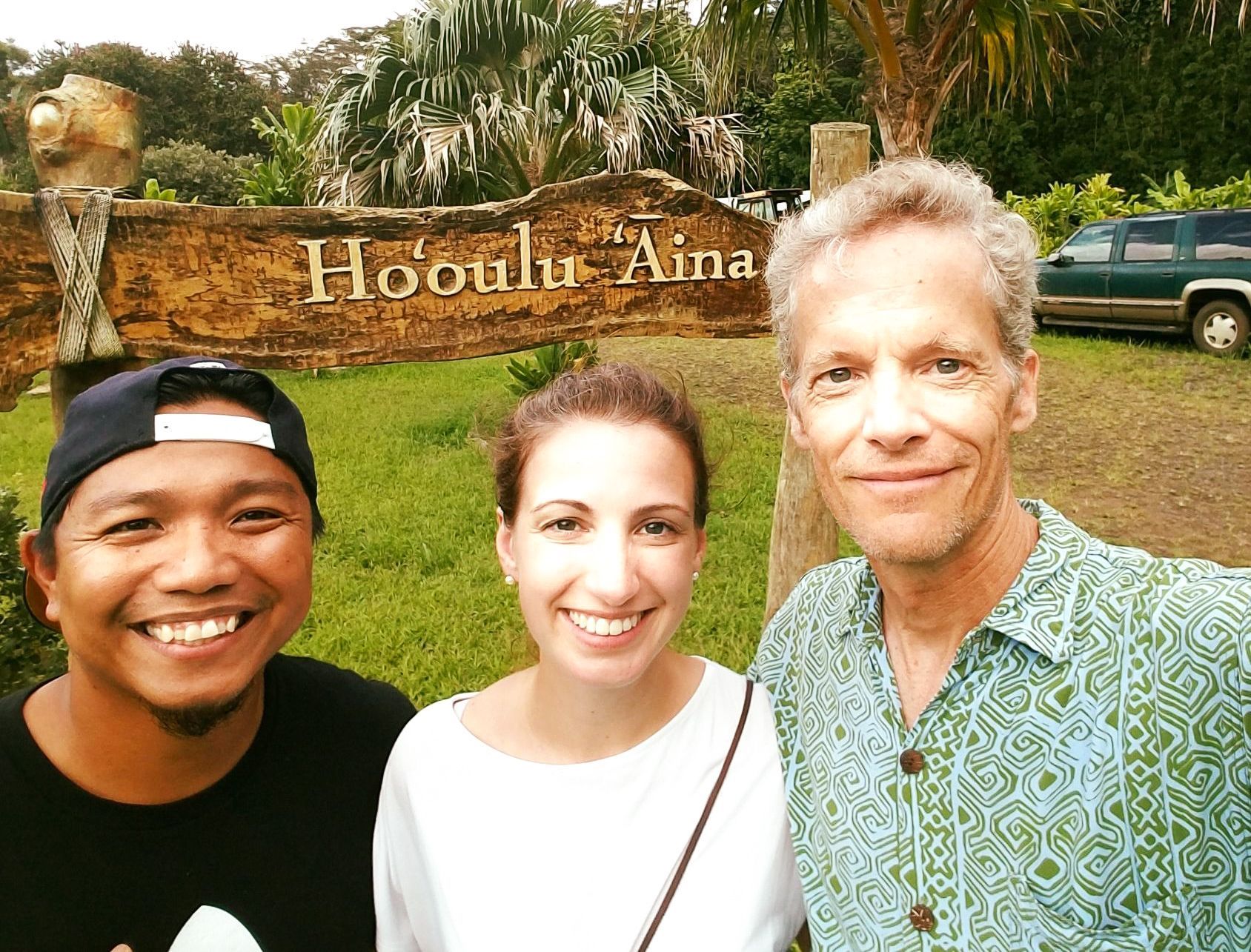
In 2019 Sophie was awarded a Churchill Fellowship that allowed her to explore indigenous attitudes and practices around emotional wellbeing in the US. She spent three months visiting native healers in Arizona, Hawaii, Maine and Alaska, learning and participating in ceremonies - an experience that she describes as “life changing.”
“I went out with very much a western hat on, thinking that I was going to look at a particular practice, unpick it and bring ideas home. However, I quickly found that the physical activities themselves are underpinned by something far bigger and more important, a set of spiritual values. Those values for many of the people I met included feeling connected to the environment, to the wider world, to their ancestry and where they're from,” she says.
One idea that particularly resonated with Sophie was talking circles. This practice has been used by many indigenous cultures, including the ancient Celts. Her study of the practice was within American Indian and Alaska Native communities.
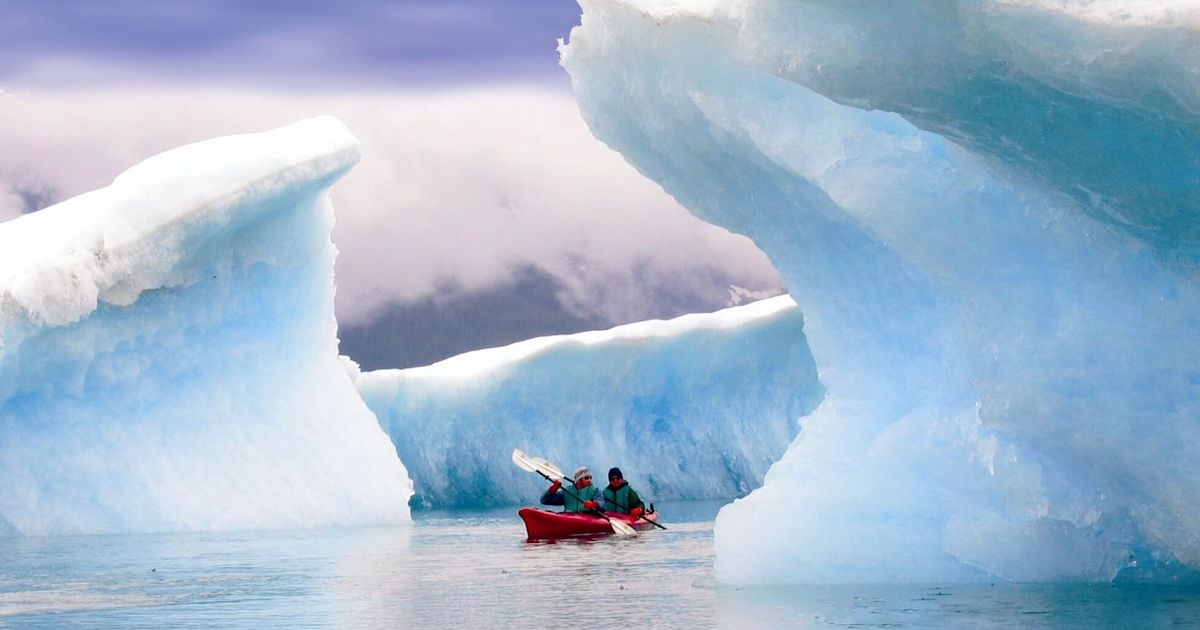
“Talking circles have traditionally been used as a way of resolving conflict within a community, as a healing practice, perhaps as a pre-battle ceremony. The level that we as a society could relate to most is the power of a group coming together, and sharing stories,” Sophie explains.
Participants are seated in a circle, and are only able to speak when holding an everyday ‘talking object’ - the rest of the time they must listen. Within the circle, everyone is considered equally deserving of attention and respect. Sophie hastens to add it shouldn’t be considered a type of therapy - nobody will require you to get deep and meaningful if you don’t want to.
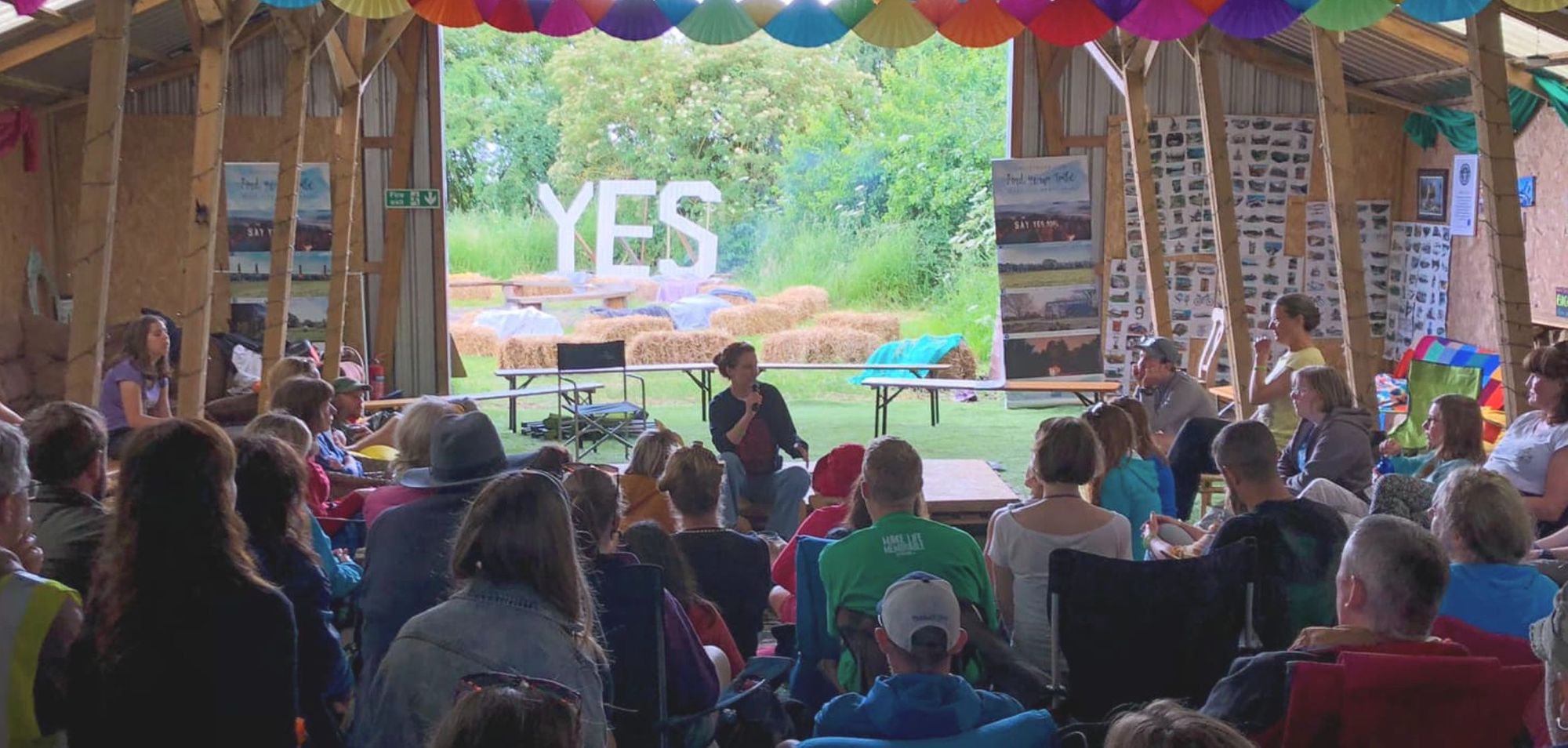
Sophie uses talking circles on expeditions, to help a group communicate their feelings better. It’s also a way to self-manage any challenges that might emerge.
“The power of a talking circle lies in the energy of a group coming together. A Native American medicine man once told me that it's not about whether you're waving a feather or a pill packet, it's about human connection and finding meaning for the people who are sitting in the circle with you. Hence why I believe many cultures can find resonance in the practice,” Sophie says.
What underpins all of it is this awareness that you're part of something much bigger
Viewing an expedition as an opportunity to create a community and experience nature - rather than considering it as a journey from A to B - will make it a more beneficial experience, and help build resilience.
“Fundamentally, what underpins all of it is this awareness that you're part of something much bigger,” Sophie says. “Knowing where you come from, knowing what will come after you, realising why people care so much about climate change. That gives life meaning, and gives people purpose, in a way that that individualised chase for success can't.”
Inspired? Get your nature fix by checking out our wildlife watching trips and our other longer expeditions to Costa Rica and beyond!


